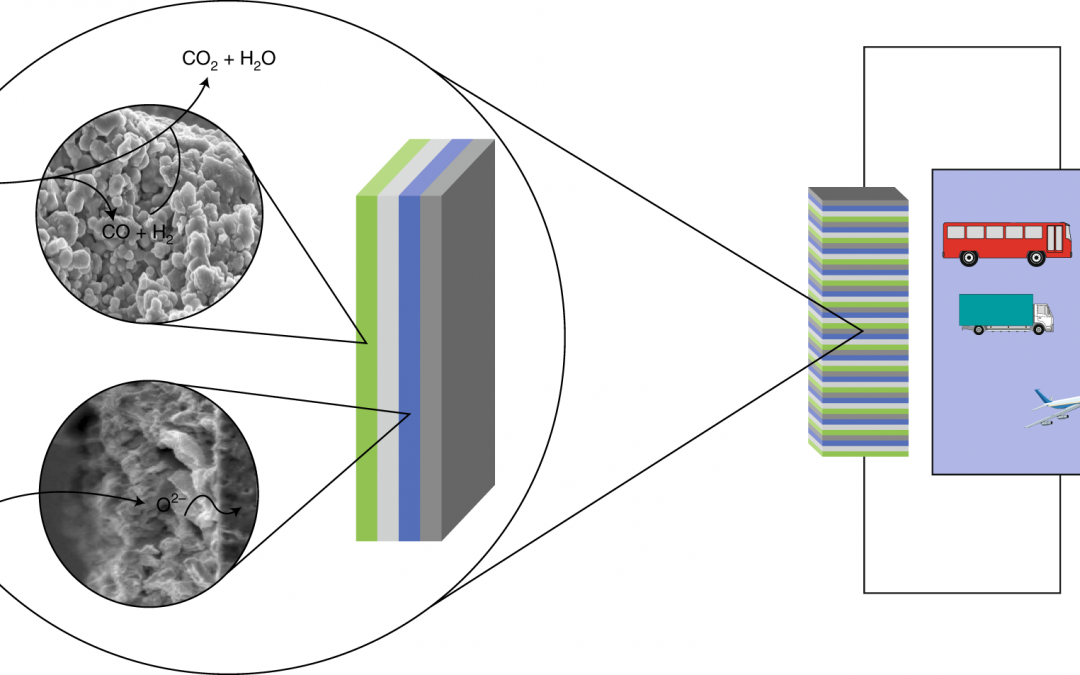Ceres a global leader in fuel cell and electrochemical technology, joins its consortium partners in Portsmouth today for the conclusion of Phase One of the CMDC, run by the UK Department for Transport and delivered in partnership with Innovate UK.
In 2021, the UK Government invested £23 million in 55 winning projects to accelerate development, design, and manufacture of zero-emission vessels in British shipyards by 2025. The two projects in which Ceres was involved evaluated the most effective means to integrate Ceres’ solid oxide fuel cell (SOFC) technology in megawatt (MW) class cruise ship applications, to reduce carbon emissions in the maritime sector.
Avoiding the hard cell – fuel cell integration into a large ship’s power architecture
A consortium involving GE Power Conversion, MSC Cruise Management UK and Lloyd’s Register has confirmed the feasibility of using a 10MW fuel cell power installation on a large vessel to replace diesel-fuelled generators. Run on natural gas, it is predicted to deliver a ~47% reduction in CO2 emissions and eliminate NOx almost entirely from the exhaust stream, when operated over the same energy demand profile. In future, it could utilise green hydrogen or clean fuels as a route to remove emissions further.
Zero carbon base load power for large ships
Working with Carnival UK, Shell, Lloyd’s Register and the University of Southampton, this study investigated the feasibility of using Ceres’ solid oxide fuel cells, coupled with batteries, to replace conventional diesel generators for continuous or ‘base-load’ energy on state-of-the-art cruise vessels powered by liquefied natural gas. The study demonstrated a reduction in carbon emissions of up to 36% at sea, while substantially reducing NOx and eliminating particulate matter. Operating the system on hydrogen could eliminate emissions from baseload demand almost entirely.
Caroline Hargrove, Chief Technology Officer of Ceres commented: “The Clean Maritime Demonstration Competition has been an invaluable process for the Ceres team, and we have welcomed the opportunity to work with so many leading operators and engineers from the global maritime industry. We believe these findings are an important step in validating the compatibility of solid oxide technology with maritime applications and we await the second phase of the Competition to further demonstrate a safe and feasible transition pathway for the shipping industry to reach net-zero emissions in a manner aligned with the UK Clean Maritime Plan and legally binding national and international global climate change targets.”
Source: Hellenic Shipping News






